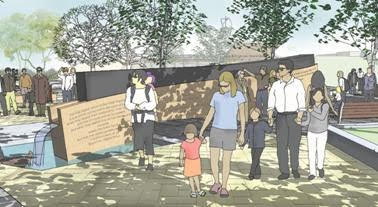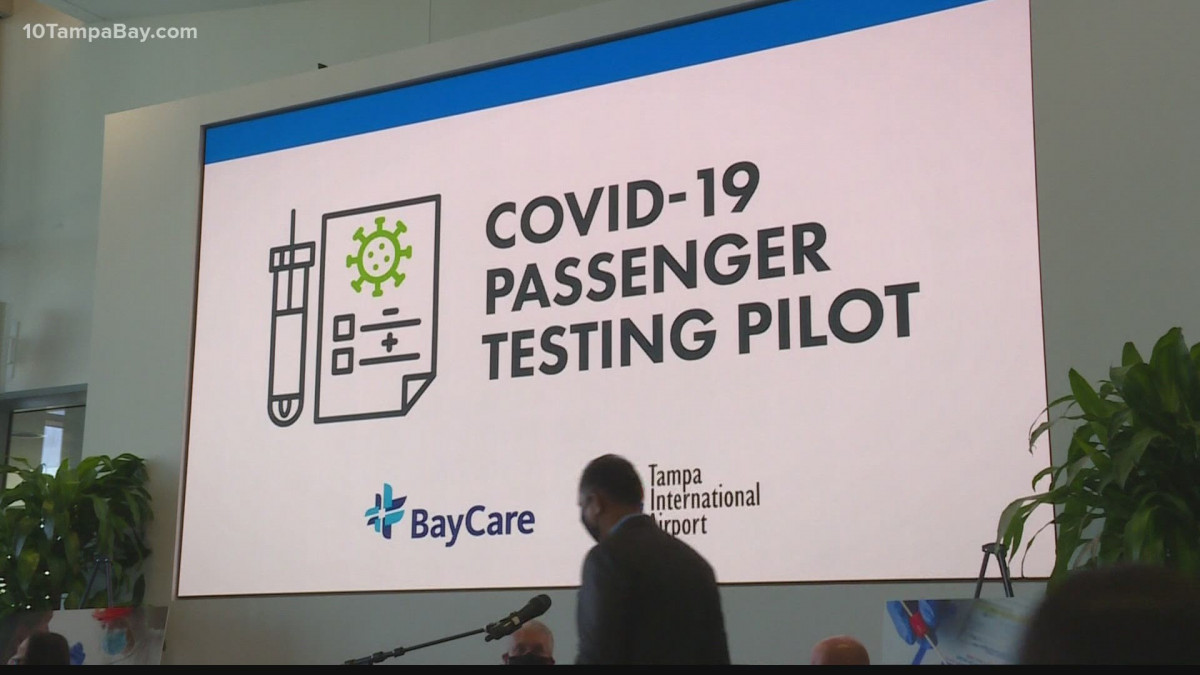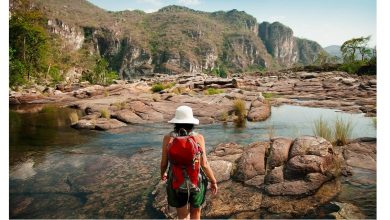Seminarios gratuitos de técnicas de interpretación online

En turismo, patrimonio cultural o patrimonio natural, en animación turística, en guianza, etc. las técnicas de interpretación son vitales para el éxito, sin duda alguna.
Por eso, nuestro estimado colaborador John Veverka, con un tremendo curriculum y prestigio no solo en USA sino a nivel internacional, sigue ofreciendo una serie de seminarios cortos y gratuitos en la temática (En ingles), que copiamos en esta noticia:
May 5th, 1:00 PM – 2:00 PM Eastern Time Zone.
Using Interpretation to Help Accomplish Management Objectives
This InterpTalk is a brief overview of key concepts in determining the management issues for your site or attraction, and using interpretive programs, exhibits or other media to interpret to the visitors what there issues might be (swimming or hiking safety, protecting archaeological sites, protecting seasonal bird nesting sites, etc) and how to, through interpretation, help accomplish management objectives for site/resource protection. Here is the link for the full course FYI.
http://www.heritageinterp.com/using_interpretation_to_accomplish_management_obje.html
Participants will receive an e-copy of my Interpretive Master Planning e-textbook as well as related resource materials to help you develop strategies to use your interpretive skills to help accomplish your sites or parks management problems or practices.
May 12th, 1:00 PM – 2:00 PM Eastern Time Zone
Interpretive Program Presentations and Protocol for
Interacting and Communicating With Your International Visitors.
Many parks, museums and heritage sites receive international visitors, sometimes coming as families, sometimes coming to your site via bus trips. But there are some cultural issues it’s handy to be aware of – use of symbols or gestures, some vocabulary words, who in the group you should talk to (male head of family) and other useful things to know.
Do you know what the «ok» gesture means in different countries?
Here is the link for the full course FYI: http://www.heritageinterp.com/interp_for_international_visitors_course.html
I will give you a copy of my new “Interpreting to International Visitors” resource manual to help you keep track of all this. J
May 19th. 1:00 PM – 2:00 PM Eastern Time Zone
Conducting A Feasibility Analysis Before Developing New Interpretive Centers, Nature Centers and Small Museums.
If you build it they may not come – or at least in the numbers needed!
So how can you know for sure before you build it?
This is a “Graduate School level” interpretive planning/consulting course. What should you do if asked to participate in a feasibility analysis for a new (or rehab) visitor center, interpretive center, new museum, etc? What should your steps be in determining the feasibility of a new facility, or even planning for a museum rehab? What is the carrying capacity for a new exhibit gallery? What’s the formula for projecting visitation on your busiest Saturday in July? Interpretive Planners need to know how to do this. There’s more to being a professional interpretive planner than planning for a tour. Time to do the math.
I will go through several feasibility analysis case studies for new facilities, and share with you the formulas for projecting new visitation and site/exhibit room carrying capacity.
Here’s the website for the complete course:
http://www.heritageinterp.com/interp_center_feasibility_analysis_course.html
May 26th, 1:00 PM – 2:00 PM Eastern Time Zone
Developing and Managing Community Interpretive Plans and Programs.
Falmouth VA historic street scent – Falmouth Community Plan.
This is a Graduate School level course – for interpretive planning. The InterpTalk seminar will highlight some of the main issues addressed in the full course.
Sometimes an interpretive planner or consultant may be asked to develop an interpretive plan (tourism development – product and heritage experience development – marketing and experience management). Doing in interpretive plan for a historic community is very different than a plan for a historic site or park.
A community is a complex collection of history (founding to present), industrial heritage, religion, historic sites and homes, and more.). Then there are the issues of if you attract hundreds of new visitors to your community, where can they park? And other issues such as way finding, food services, public restrooms, seasonal events, school startup dates, website marketing and more.
For this InterpTalk I will provide a copy of my Advanced Interpretive Master Planning text e-book on interpretive systems planning, and we will go through several case studies. This is great course for a person considering becoming an interpretive planning consultant.
Here’s the link for the complete course: www.heritageinterp.com/community_interpretation_planning.html
InterpTalk seminars registration.
Again, if you would like to participate in any (or all) of the seminars, just send me an e-mail noting which one you want to attend and I will add you to the registration for that seminar and send you the seminar ZOOM access links.
Prof. John V.




